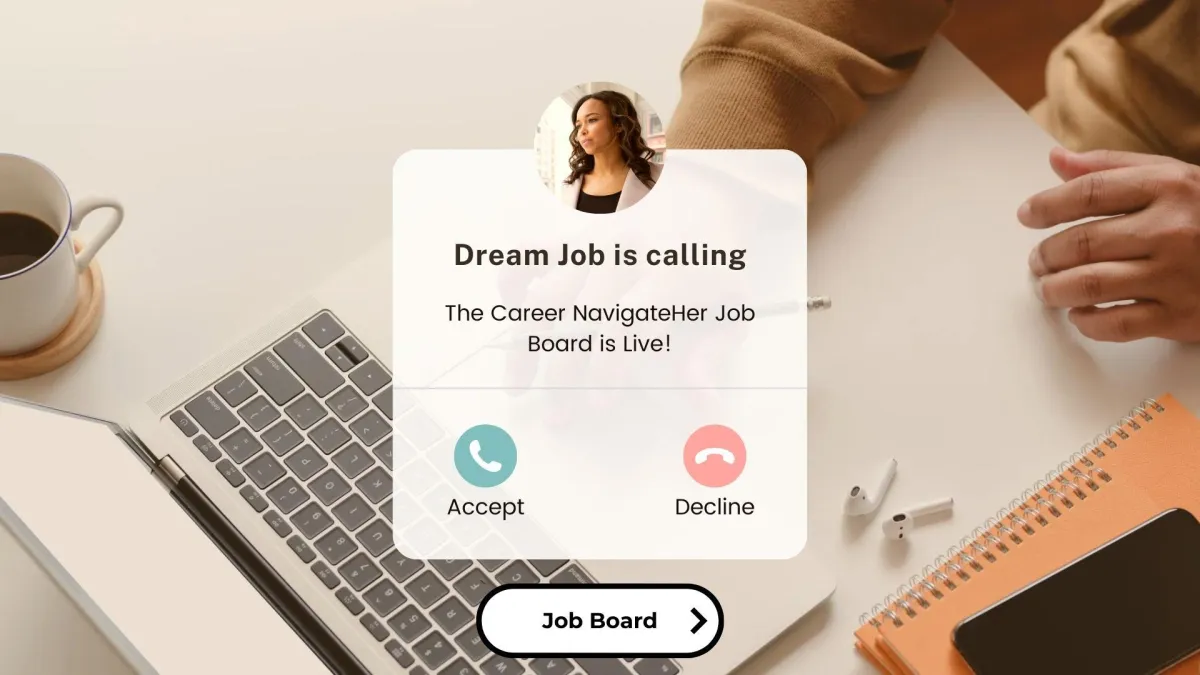Become the architect of your success
your CAREER. your RULES.
At Career NavigateHer, we don't just coach- we empower. We transform professional uncertainty into strategic confidence, helping ambitious women like you navigate complex career transitions and pathways.
Membership has its perks.
Whether you’re just getting started, making big moves, or calling the shots. Our membership is designed to help you land the right opportunities, boost your income, and build a career that actually fits your life.
NavigateHer
You’re laying the foundation for a thriving career and need guidance to navigate the job market with confidence. This tier is perfect for recent graduates, career changers, and professionals in their first few years of work.
TrailblazeHer
You’re established in your field and ready to climb the ladder, increase your earning potential, and step into leadership roles. This tier provides the tools to help you accelerate your success.
Powerhouse
You’ve put in the work, and now you’re ready to lead, build, and create lasting impact. This tier is designed for executives, business owners, and industry leaders looking to scale and expand.
$19/mo
Exclusive job search resources
Resume & LinkedIn audit
Monthly career-building workshops
Job Board with personalized recommendations
$49/mo
Everything in NavigateHer
Salary negotiation & career advancement coaching
Leadership development masterclasses
Personalized career strategy sessions
Professional and skill development courses
Early access to all new features and resources
$99/mo
Everything in TrailblazeHer
Executive coaching & strategic networking opportunities
VIP mastermind sessions with industry leaders
Business growth & wealth-building resources
Discounted access to live events
On the Blog
No blogs found

View our Privacy Policy and Terms and Conditions here. © 2026. All Rights Reserved.


